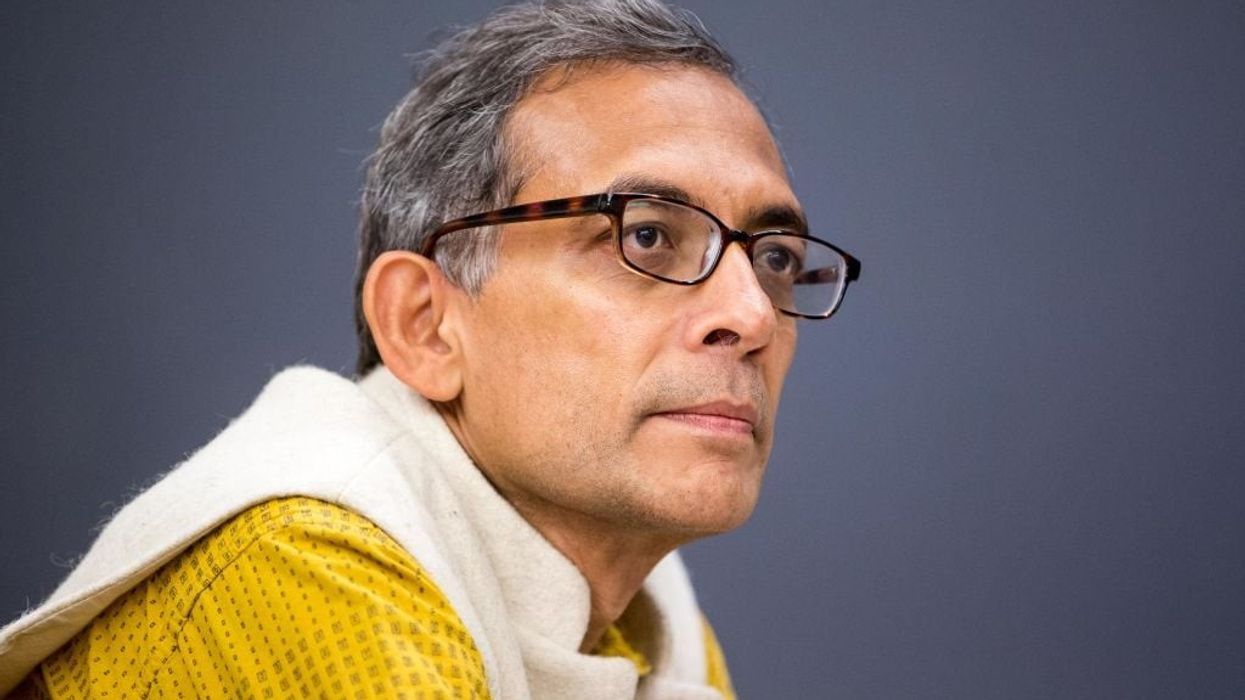NOBEL LAUREATE Abjijit Vinayak Banerjee has trashed the ideology that calls for lesser or limited government interventions towards uplifting the poor.
Banerjee added that there is no evidence to prove that getting freebies make the poor lazy.
While addressing the 20th foundation day of Bandhan Bank on Sunday (11), he said his own research on the subject across diverse economies in Asia, Africa and Latin America in the past decade does not support this ideology.
Those who have benefited from public and non-governmental interventions did in fact became more productive and creative, he added.
"This ideology has been pushing successive governments to give less to the poor so that they don't become lazy. But we have seen no evidence to this effect anywhere, not even in India, instead we have seen everywhere improvements," Banerjee said.
"Successive governments left poverty reduction and other socioeconomic impactful measures to non-profits and private sector till about the middle of the first decade of the new millennium when Manmohan Singh-led government unveiled the rural jobs guarantee scheme.
"This and many other affirmative actions has lifted nearly tens of millions out of poverty in five years after the implementation. When the poor become better off, they become more creative in generating more wealth and leading better lives including by sending their kids to better schools far away from their villages."
According to Banerjee, those who benefited from public/non-government help have seen income increasing by 25 per cent leading to an 18 per cent jump in consumption.
He, however, admitted that fight against poverty has become more complicated in a globalised world as it has created new forms of risks.
The now raging pandemic is one of the best examples of such new risks, especially for the poor as they suffered the most from the lockdowns across the world, he pointed out.
"The globalised world has more risks of varied formats and we need more impact and nuanced risk mitigation measures and mechanism to tide over them and not puncturing the wheels of globalisation. This could be done by upskilling, re-skilling and learning new skills," said the economist.
"Globalisation around the world and more so in India has had limited success because we have not paid enough attention to creating risk mitigation mechanism."





